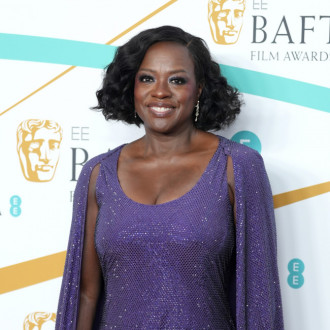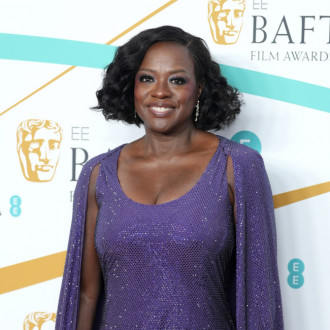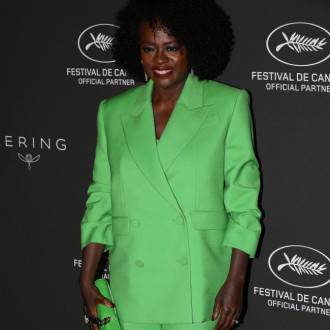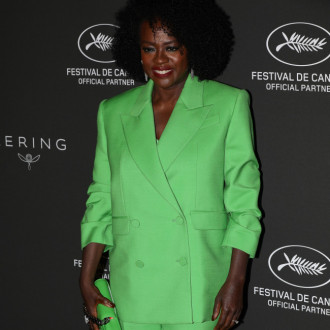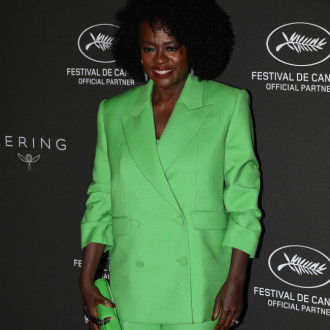Viola Davis Loved Emerging From The Background In Fences
By Rich Cline in Movies / TV / Theatre on 16 December 2016
She speaks about the significance of race in the movie.
After winning a Tony award for her performance in the 2010 revival of August Wilson's Pulitzer Prize-winning play Fences, Viola Davis didn't hesitate to reteam with Denzel Washington for the film adaptation. From the first time she read the play, she knew she had to play Rose.
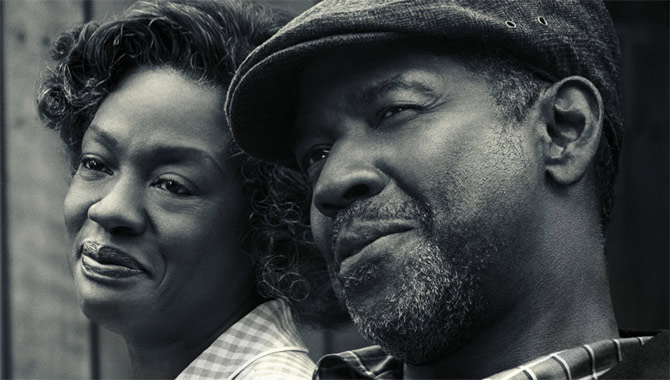 Viola Davis and Denzel Washington in Fences
Viola Davis and Denzel Washington in Fences
"It could not be any more perfectly written," Davis says. "I think the best part of Rose is, when she's introduced in the play, she's in the background. She really is. She's cooking! She's sitting! It's not that she's not enjoying the banter, but you kind of feel like this is how it's going to be. It's Troy's story. And then, when she steps forward and she's betrayed, then you hear her voice. You don't get that often. Sometimes, women are in the background and they stay in the background. When she really taps into her voice, she really taps into it. I like that about her."
And with this film, Washington not only played her husband Troy on-screen, he was also directing the movie. "I see Denzel as an actor's director, which is very rare, by the way," Davis says. "He knows the process. Sometimes directors barely talk to the actors, because they are so focused on the cinematic elements of the movie, getting the shot and getting the lighting right or getting the CGI effects right and all of that. Obviously, this is not a piece you can do that with. It is a character-driven piece, and Denzel is a truth teller, and he is a truth seer. So he knows when something is not going in the right direction, and he will call you on it. But he knows the word to use to unlock whatever is blocking you. So I think he's a fabulous teacher."
Watch the trailer for 'Fences' here:
Davis believes that the story has a universal quality that transcends its racial elements. "I think sometimes what people miss about black people is that we do our best with what we've been given," she says. "We come into the world exactly like everyone. And I don't see this play as representing something any bigger than a man being born into a set of circumstances and maybe not taking ownership of how he's poisoning his family, which most of us don't. Arthur Miller said it with Death of a Salesman, and August Wilson said it here: when you notice all of the sins of your father, hopefully you can approach it with forgiveness and illumination. That's just life!"
Contactmusic
Movies and Trailers
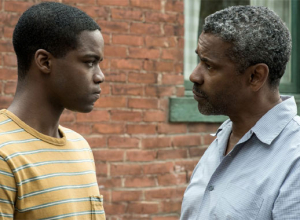
Fences Movie Review
After winning Tony Awards on Broadway, Denzel Washington and Viola Davis reteam for a film...
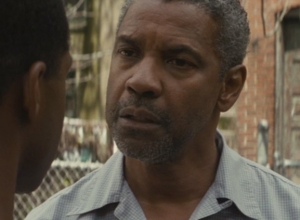
Fences Trailer
Troy Moxson works hard as a garbage collector to support his family. He has two...

Suicide Squad Movie Review
DC Comics' villains team up for an overcrowded action movie that never quite finds its...

Suicide Squad Trailer
The Suicide Squad was formed by Amanda Waller, the head of Belle Reve Penitentiary and...

Suicide Squad Trailer
When there's nowhere left to turn, the bad guys might just turn out to be...

Suicide Squad - Comic Con First Look Trailer
Is it really wise to trust your most dangerous sworn enemies? Sometimes you have little...

Blackhat Movie Review
Michael Mann doesn't make standard frantic-pace thrillers (see Heat and Public Enemies); he prefers to...
Advertisement

Blackhat - Cyber Hacking Featurette Trailer
For the production of 'Blackhat', writer/director Michael Mann had to brush up on his knowledge...

Blackhat Trailer
When an unnamed hacker begins to steal money from wherever he wants, he turns his...
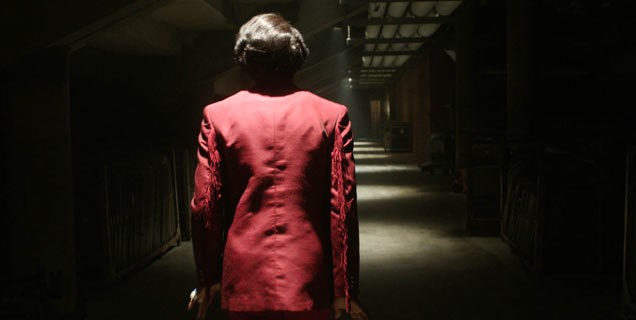
Get On Up Movie Review
With an appropriately jarring sense of energy, this James Brown biopic acutely captures the Godfather...

Blackhat Trailer
When an anonymous hacker is able to disrupt the files for three major banks around...

The Disappearance Of Eleanor Rigby Trailer
Conor (James McAvoy) and Eleanor (Jessica Chastain) play a couple who fall in love and...
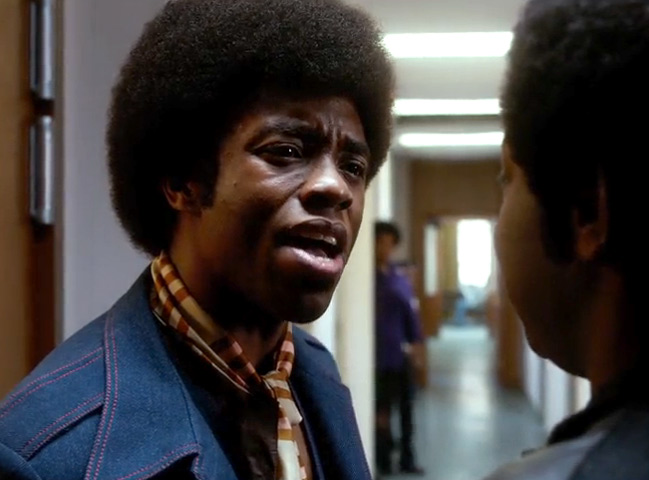
Get On Up Trailer
Since he was a child, he knew he'd become a star. He may not have...

Get On Up Trailer
The stars of the upcoming James Brown biopic 'Get On Up', Viola Davis, Nelsan Ellis...
Advertisement
